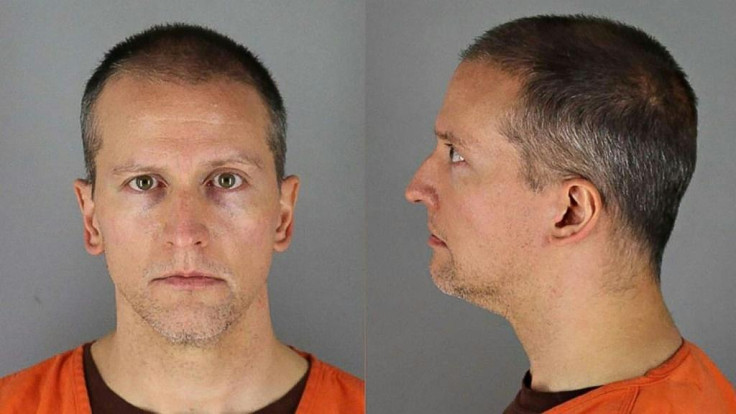Is Derek Chauvin Being Pardoned By President Trump: Who Is He And What Did He Do

As Donald Trump re-emerges on the political stage, an old and deeply divisive name has returned to the headlines: Derek Chauvin. The former police officer convicted of murdering George Floyd in 2020 is serving more than 40 years across both state and federal sentences. While Trump has not explicitly said he intends to pardon Chauvin, the growing speculation has led Minnesota officials to quietly brace for what could be a highly volatile public response.
Chauvin's case isn't just another name in the news it's a reminder of the raw, unresolved pain that sparked global protests and forced America to confront the realities of police violence and racial injustice. The idea that Chauvin could be granted clemency no matter how unlikely has reopened wounds in communities that are still healing.
Who Is Derek Chauvin?
Derek Chauvin was once a Minneapolis police officer with a lengthy service record. That changed on 25 May 2020, when he was filmed kneeling on George Floyd's neck for over nine minutes during an arrest. Floyd's repeated pleas 'I can't breathe' and the quiet desperation in the video gripped the world. The footage triggered a wave of protests across every US state and in cities around the globe.
In April 2021, Chauvin was convicted of second-degree unintentional murder, third-degree murder, and second-degree manslaughter. Later that year, he pleaded guilty to federal charges for violating Floyd's civil rights. His state sentence was set at 22.5 years, and his federal term at 21 years served concurrently in federal custody.
Why Is a Pardon Being Talked About?
Though Trump hasn't addressed the matter directly, calls for Chauvin's pardon have grown louder in some conservative circles. Political commentator Ben Shapiro and Republican Congresswoman Marjorie Taylor Greene have both suggested that the trial was swayed by public pressure and political motives. They argue, controversially, that Floyd's health and drug history played a larger role in his death than the restraint itself.
These claims run counter to the Hennepin County medical examiner's conclusion: Floyd died from 'cardiopulmonary arrest complicating law enforcement subdual, restraint, and neck compression' in short, homicide.
What Would a Pardon Actually Do?
A presidential pardon can only apply to federal convictions. This means if Trump or any sitting president issued a pardon, it would not affect Chauvin's state sentence. He would remain imprisoned in Minnesota for the murder conviction, unless state authorities chose to intervene.
Minnesota Attorney General Keith Ellison and Governor Tim Walz have both confirmed that they have no intention of reducing Chauvin's state term. Still, the thought of a pardon carries powerful symbolic weight and to many, it would feel like a step backwards.
Communities on Alert
The emotional impact of a pardon would extend far beyond the legalities. For many who marched in the streets in 2020, Chauvin's conviction was a rare instance of real accountability. Undoing any part of that would risk reigniting public anger and disillusionment.
Law enforcement agencies in Minnesota, including the National Guard, have reportedly begun quiet preparations in case tensions rise. No one wants a repeat of the unrest seen five years ago but the fear is real.
A National Mirror
Nearly five years after Floyd's death, the United States is still reckoning with what it revealed. The push for police reform, racial equity, and justice didn't end with a single conviction it's still ongoing. That's why the possibility of a pardon feels so potent: it touches on the bigger question of whether the system is capable of lasting change, or if it bends to political winds.
Derek Chauvin remains in prison. But the conversation about him about justice, memory, and power remains very much alive.
© Copyright IBTimes 2025. All rights reserved.





















